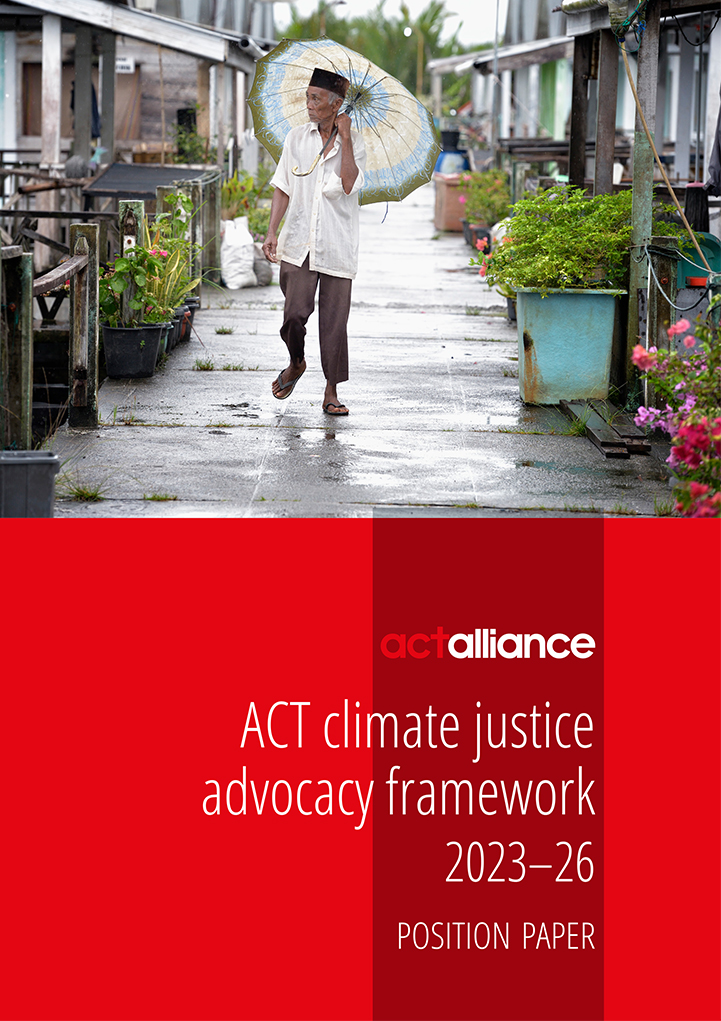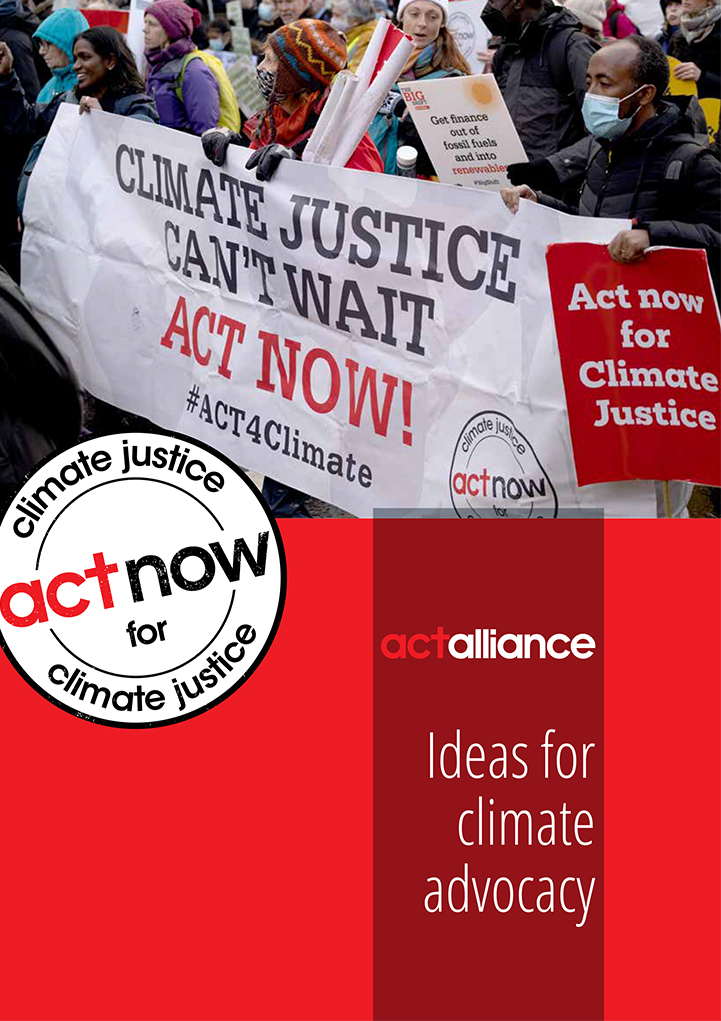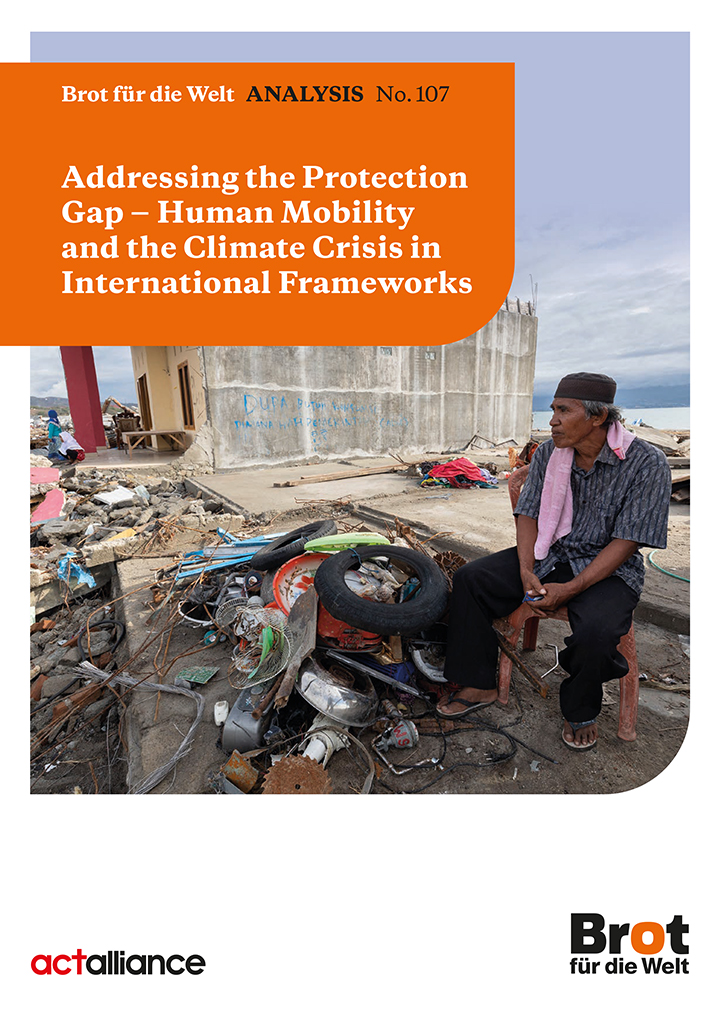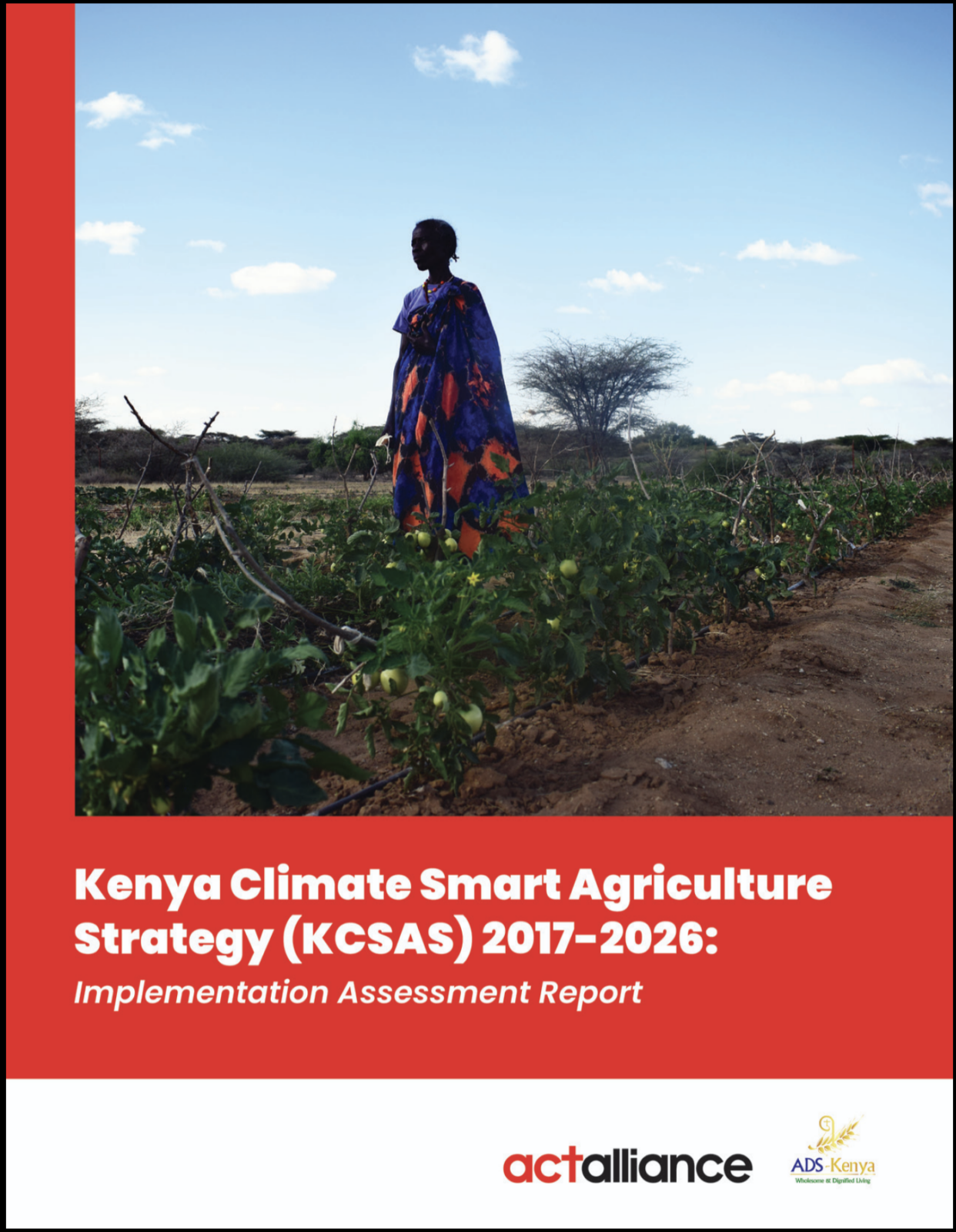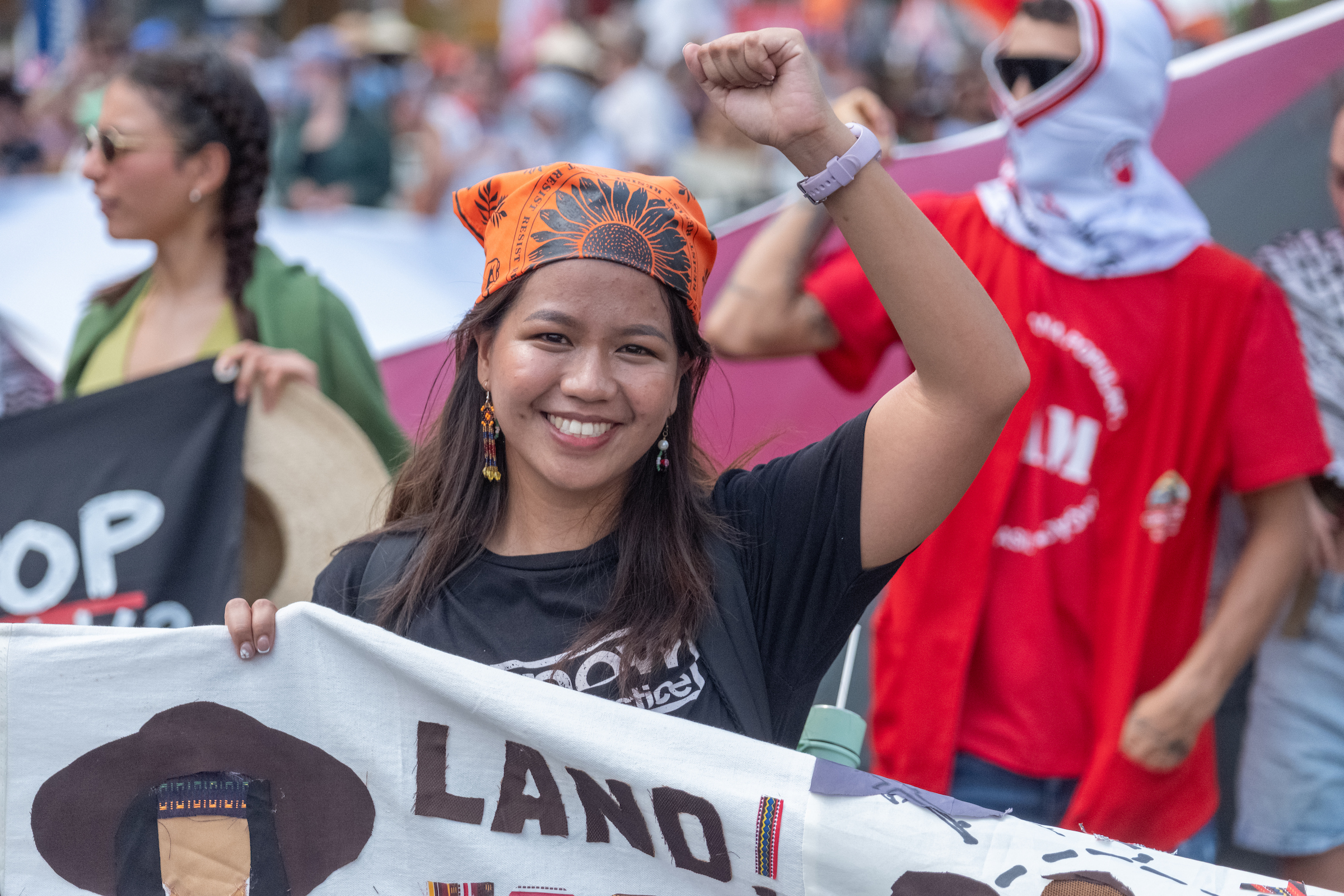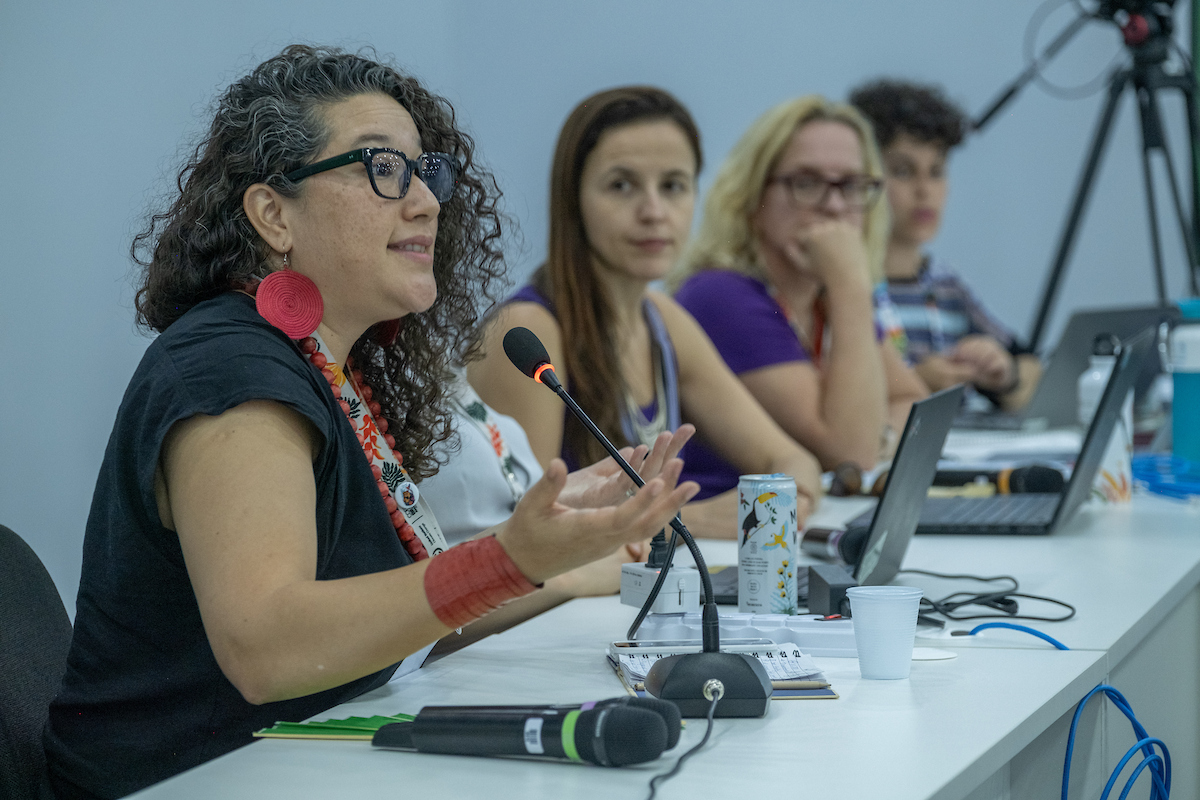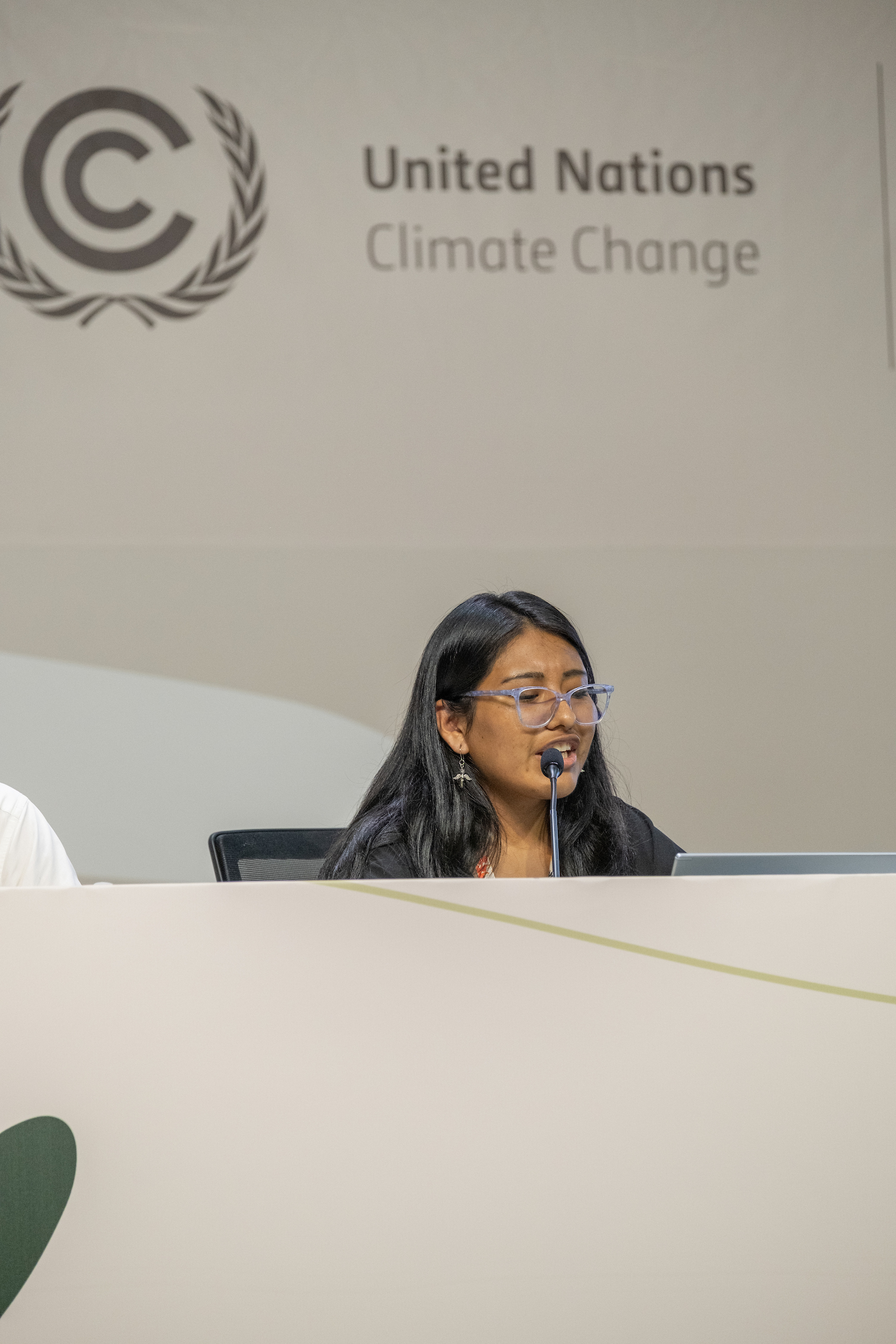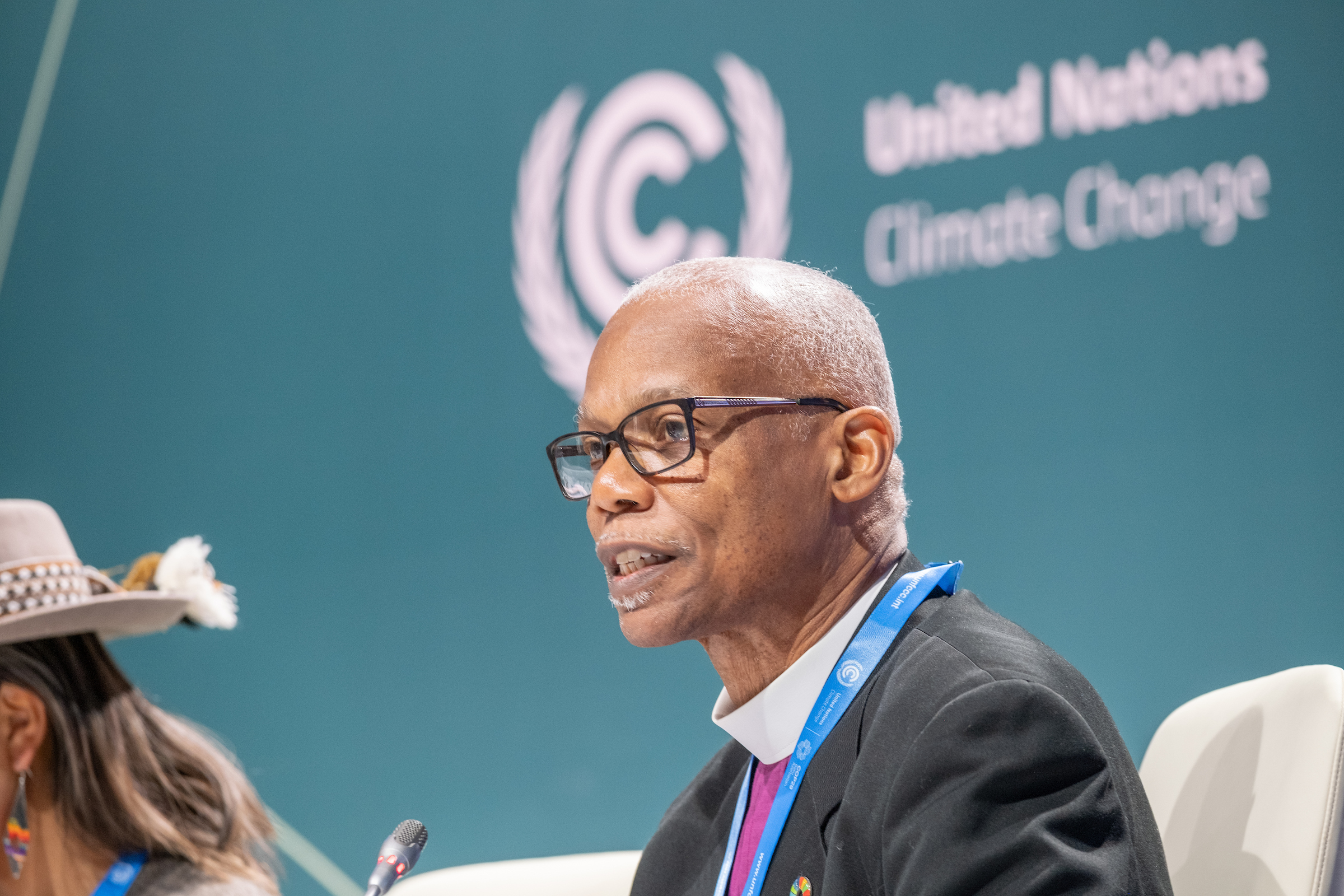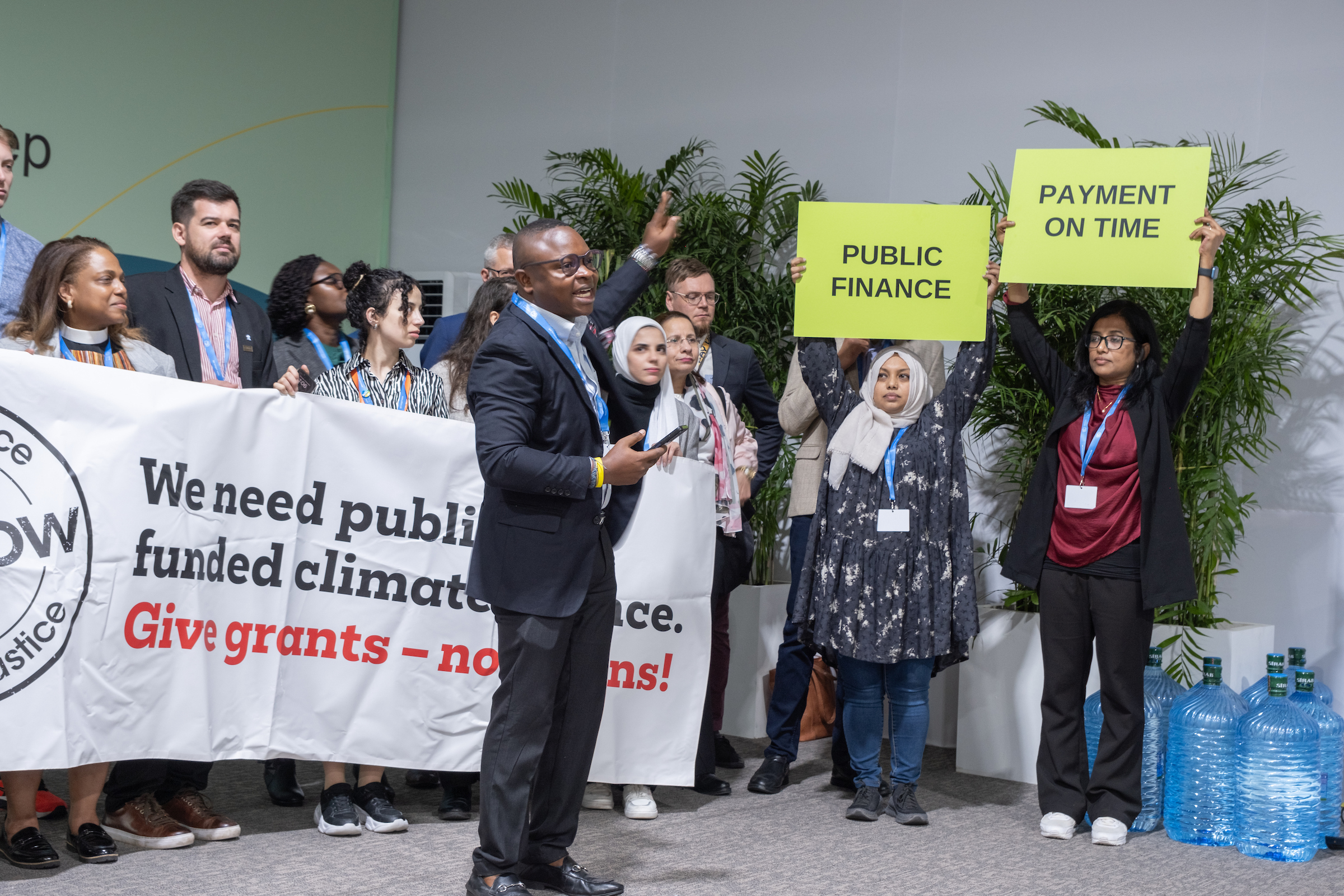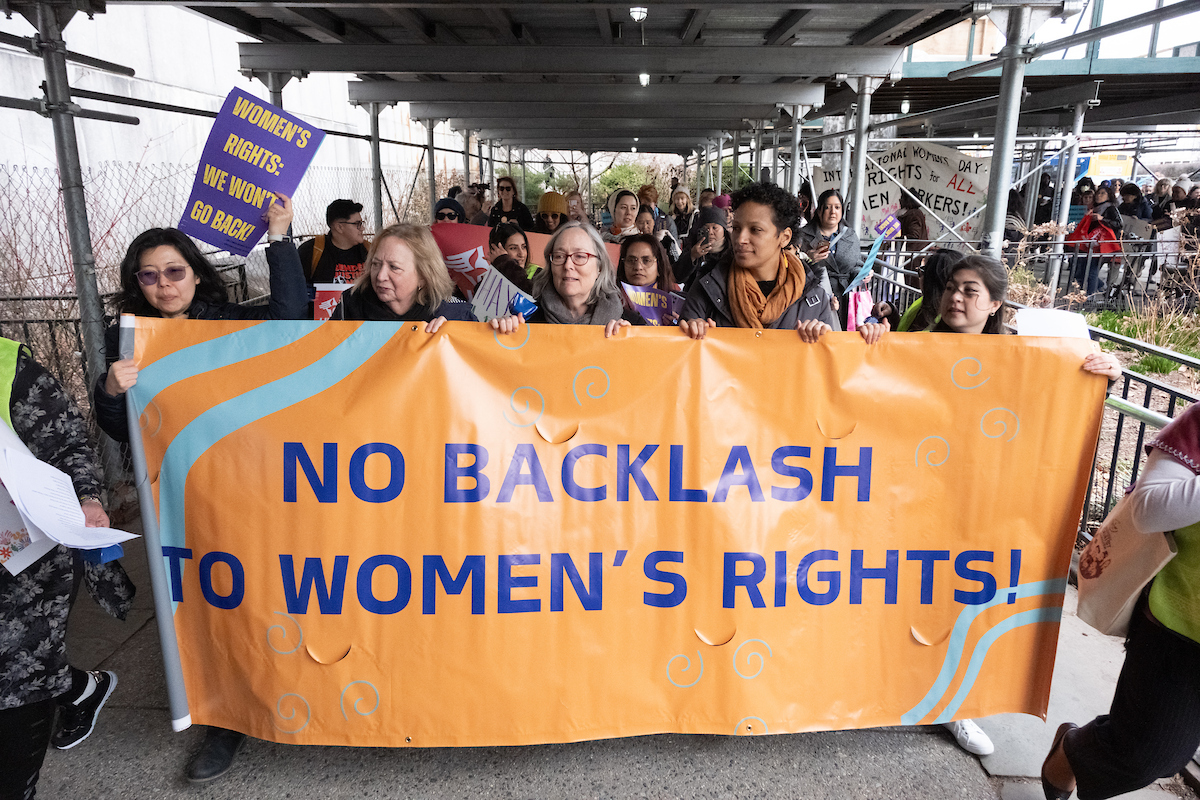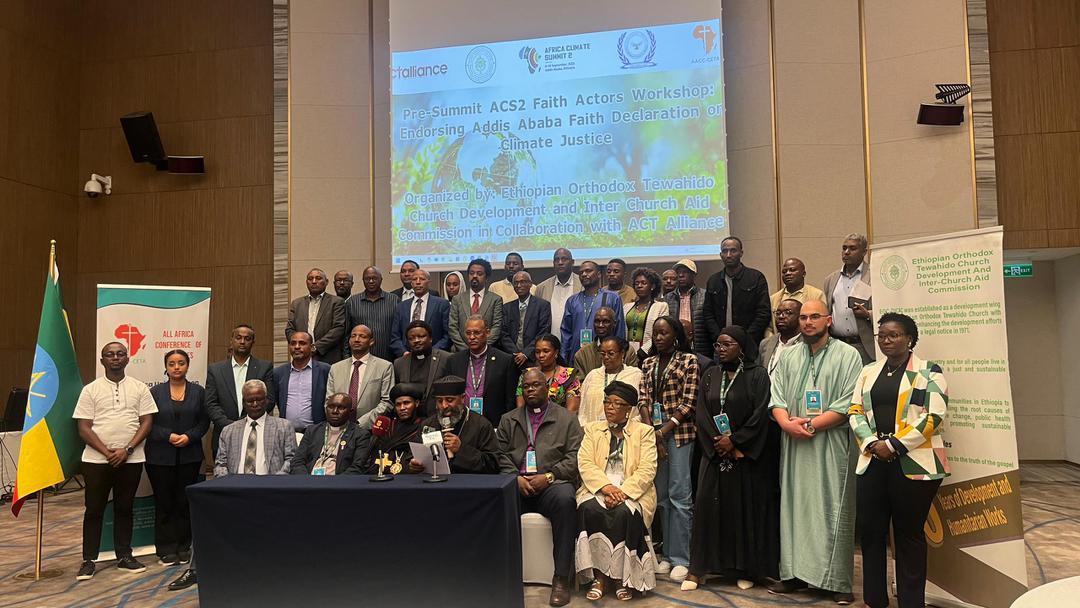
Climate change is leading to increasing numbers of extreme climate and weather-related events. These cause rising levels of climate risks, leading to loss and damage. Climate risks provoke havoc, lead to humanitarian catastrophes, and stand in the way of achieving the Sustainable Development Goals (SDGs). It is of great importance to prevent and minimize these risks as much as possible.
However, there remains a residual risk that cannot be avoided. This is where risk insurance and risk financing have an important role to play. Climate risk transfer, that is, risk insurance, and risk financing are tools to financially address residual loss and damage by providing financial compensation.
It is not enough to make climate risk insurance available. The extent to which insurance helps to close the gaps in the protection of vulnerable groups against climate risks depends on the way in which insurance is structured.
Recommendations
- In view of the rapidly advancing climate crisis, humanitarian and development organisations should focus more on climate risk management, including risk insurance and risk financing.
- While climate risk insurance is not a magic solution, it can contribute to closing the protection gap of vulnerable communities and countries. However, it cannot be used as a stand-alone, but needs to be integrated in a comprehensive risk management strategy and linked with social safety nets (where applicable), poverty reduction, and the implementation of the SDGs.
- Climate risk insurance and other forms of risk transfer and risk financing, in order to benefit marginalised, resource-poor, and climate-vulnerable people and countries, need to be designed in a pro-poor manner (participatory, inclusive, and transparent) that is accessible, affordable, and valuable to vulnerable communities.
- The climate crisis requires more than business-as-usual approaches. This also applies to disaster risk management and climate adaptation. Transformational pathways are needed to better protect climate-vulnerable communities. Climate-induced havoc and intolerable risk are more than traditional knowledge and community-based adaptive capacities can address.
